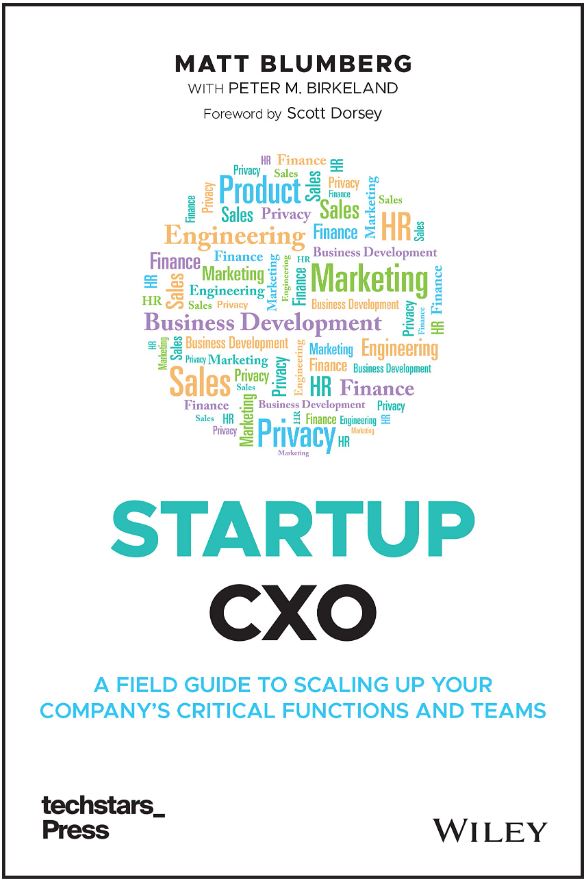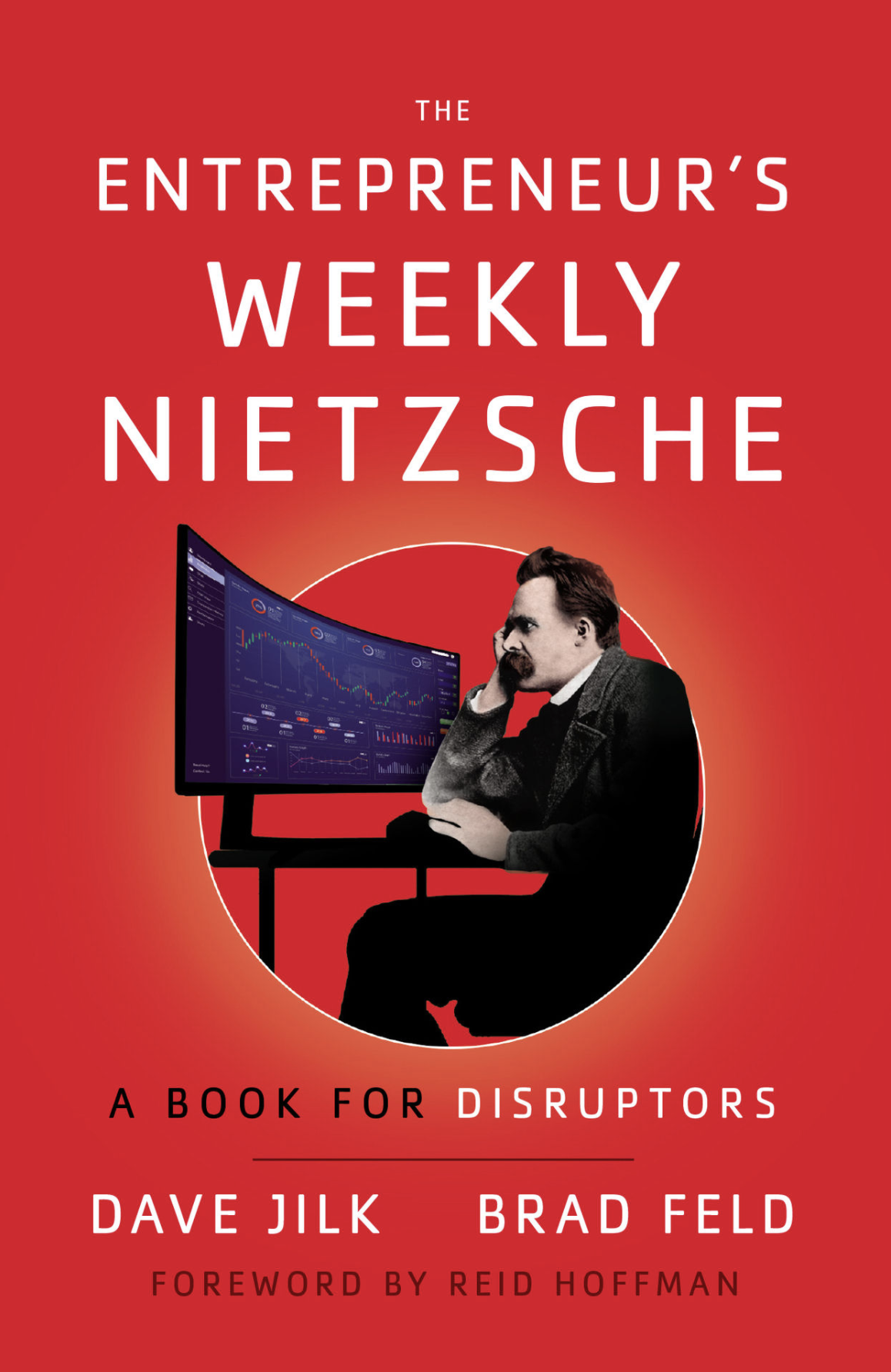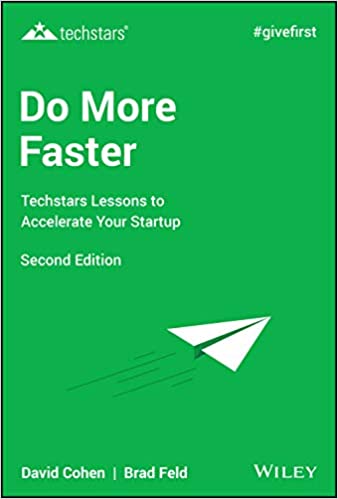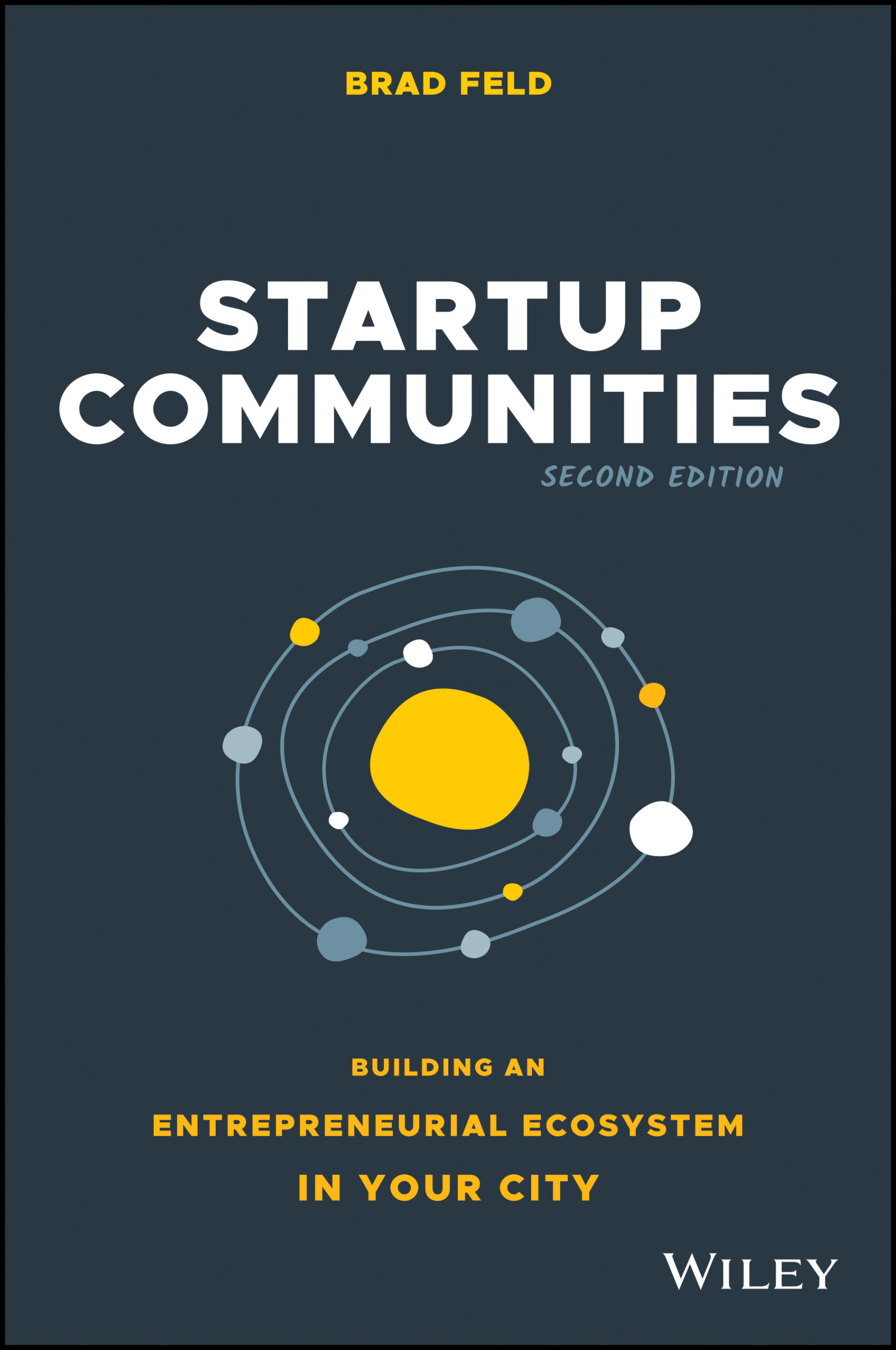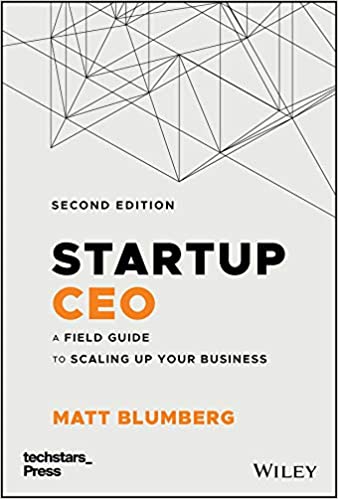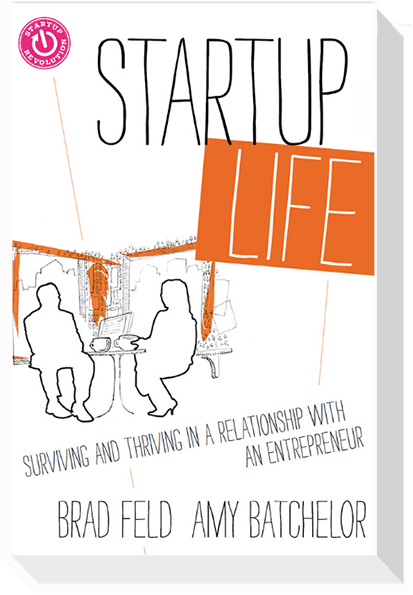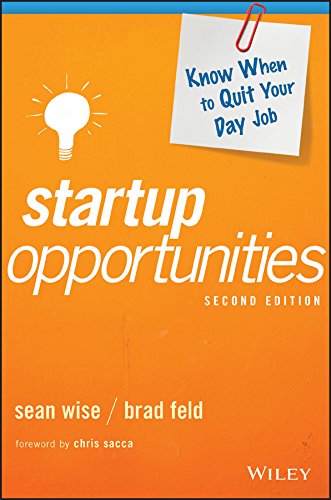Why Do Startups Even Need A Board
Lets face it. As founders and entrepreneurs, you have much to do – getting to your minimum viable product, developing customer interaction, hiring team members (when you have no cash) and managing the accounts/books (when you have some cash). Sooner or later, you have a board of directors, three to five (or even seven) Type A personalities who seek your attention and at times will tell you what to do. What a pain in the rear! Or are they?
A Board of Directors is formed as soon as you raise your first outside round – if its a smaller amount from angels, crowd-funding or F&F (Family and friends, or in some cases fools and friends), you can get away without forming a board. But we strongly recommend establishing an objective outside group that would:
(a) understand your startup’s milestones
(b) help you get to your milestones faster
(c) hold you accountable if you don’t get there.
Prior to funding, this could be a mentor, or a smaller group which acts like your training wheels for a formal board setting. We will get into some of these “corporate governance” nuances in greater detail in the following blogs.
Lets take a step back and understand how humans behave.
1) We believe our own hubris much too often: As an entrepreneur, you are the one to change the world. But when do you know it’s hubris versus progress? More often, entrepreneurs are strong headed and do not take ‘no’ for an answer. But this very attribute can become a detriment when the markets change, competition becomes stronger, or regulatory forces can kill your startup. An outside individual is not as vested – they can see the forest and are not caught up in the minutiae. Take the example of a researcher who invented a cool technology – having received rave reviews in business magazines and featured in the “Best of…” columns, this founder felt like there was a billion dollar opportunity here. After two years of playing around and having burned over one million dollars, the researcher still believes there is a billion dollar market. Product development status is stagnant, markets have moved on, competition has invented products that are 10X cheaper and in all practical realms, the opportunity is over. But this is the founder’s baby and he still continue to try and make it work, when every indication says, its done.
A good board member, who is honest and bold will call this out and save the researcher from his own hubris. Families go bankrupt and entrepreneurs lose it all when such paths are unchecked. Consider former entrepreneur and VC Jeffrey Bussgang’s example (quoted in his excellent book, “Mastering the VC Game”). When his sales pipeline did not turn into contracts, one of his board members pulls out a pen in a board meeting and says, “All I want to know is which of these prospects / companies would you have signed contracts with…by the next board meeting” – that push, writes Jeff, focussed the team. “I don’t think I spent a moment over the next 30 days without wondering how the heck I was going to close those contracts we had promised. Fortunately, we closed them all” writes Jeff. Now, that’s the value of a good board member – he pushes you without being a pain. And you as the CEO gets the spotlight and the glory.
2) We are not as rational as we think we are: Hiring decisions, go-to-market and other decisions can often be made by the seat-of-our-pants. After all speed matters so why get into a protracted process interviewing or doing personality tests. Your dorm mate and beer buddy are great “Ruby on rails” ninjas – go get them and throw in a bit of stock options as well. But more often than not, such decisions lead to losses and delays in product development / launch. Its even more painful to fire your beer-buddy – you have never done it before. A good board will help with process, ask the right questions, and develop guidelines. They could bring in a rational approach and slow that bullet train down…. just a wee-bit so there are no proverbial train-wrecks.
3) We like to stay in our comfort zone: By far, this is the one challenge which affects individuals more than anything else. You might be able to code but may not be people-persons – or have no idea how to manage a team. People have egos, emotions, dreams and aspirations – machines don’t. Its a lot easier to deal with machines. On the other hand, a people-Pollyanna entrepreneur could be on off-site treks and kumbaya all day without meeting the key milestones. In either case, we do not like to always grow, learn, and get out of our comfort zone. Staying in the warm pool is easier than getting out in the cold. In such a situation, a board can objectively point out that the team needs to be complemented.
4) We lie too often and then rationalize it: In his classic book, “The Honest Truth About Dishonesty: How We Lie to Everyone—Especially Ourselves author Dan Ariely narrates a number of fascinating studies to show that “locks are put on doors only to keep honest people honest” – it took a while for us for that statement to sink in. And as bizarre as that may sound, consider his research which shows most of us lie every now and then. We need to save face, look smart or keep the peace. We pretend its fine as long as no one is looking. But a good board member is looking with eyes wide open. And when someone is looking we behave differently. Let your board be your guide and “keep you honest.”
Such can be the immense value of a good board – keep you on track, call you out when you flail, help you and in some cases save you from yourself. Such human behavioral challenges are primal – this is not meant to be critical of our behavior but an educational forum where we try to get better.
Do you know of other such challenges when our hubris exceeds our intelligence?

